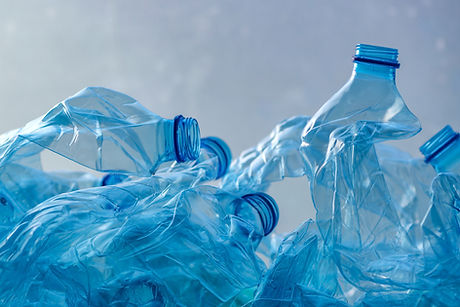Fabrics
All the fabrics that we use have a lower environmental footprint than conventional fabrics.

Hemp
Hemp requires no pesticides, herbicides, or chemicals to grow. Garments comprising hemp show benefits in comfort and durability, while promoting economic and environmental sustainability.

Bamboo
OEKO-TEX-certified bamboo is one of the Earth's fastest-growing plants. Requiring no pesticides, fertilizers, or herbicides to grow, this naturally renewable plant absorbs CO2 two times faster than conventional trees and generates 35% more oxygen than most plants and trees.

Recycled Polyester
GRS-certified recycled polyester consists of polymers obtained by recycling plastic bottles. Its production requires 70% less energy and generates 54% fewer CO2 emissions than virgin polyester.

Organic Cotton
Organic cotton is grown without the use of harmful synthetic chemicals and is 80% rain-fed. Its production requires 62% less energy and generates 48% fewer CO2 emissions than conventional cotton. The cotton is certified by the Global Organic Textile Standard (GOTS), which ensures the organic status of textiles.